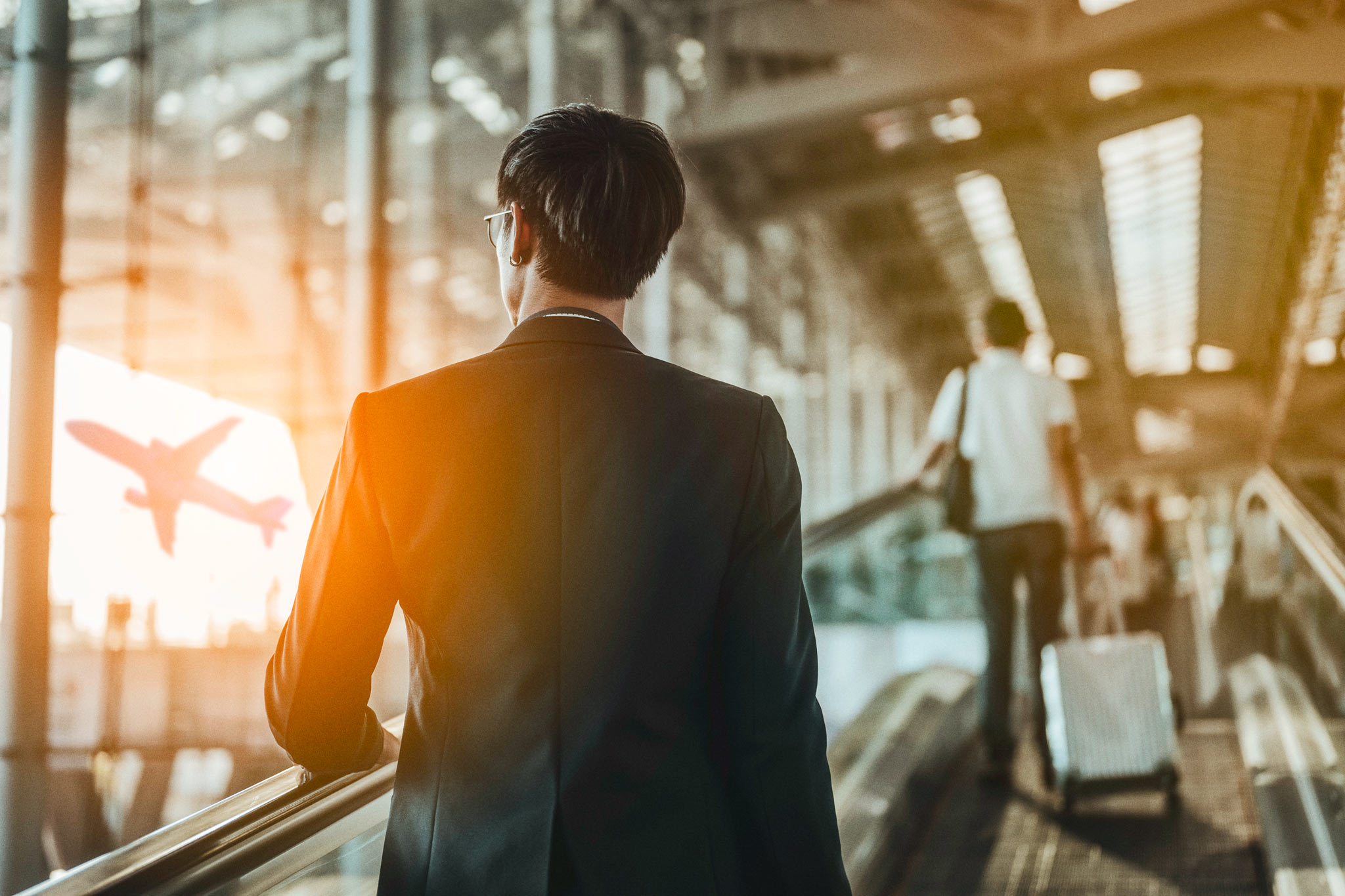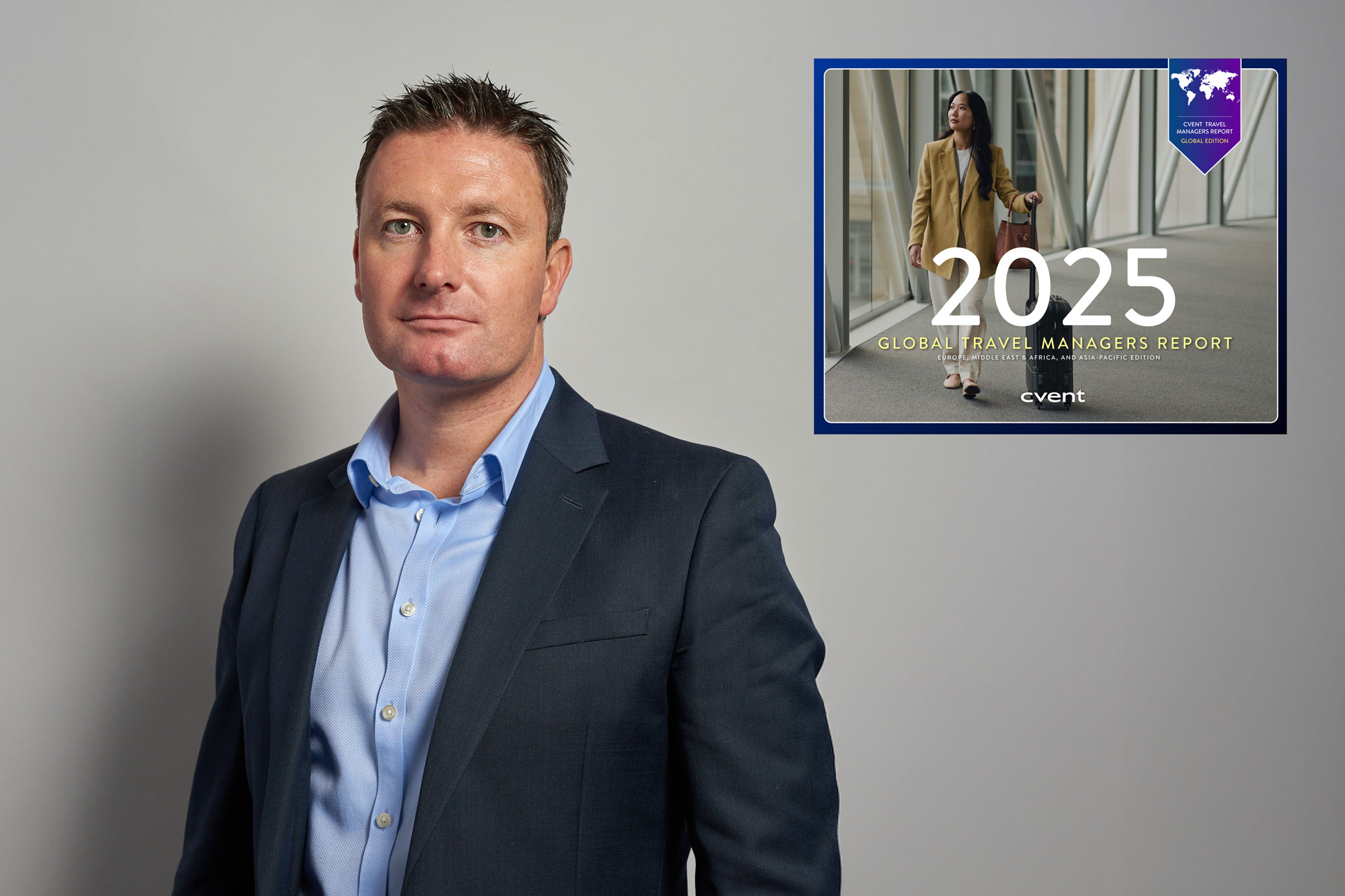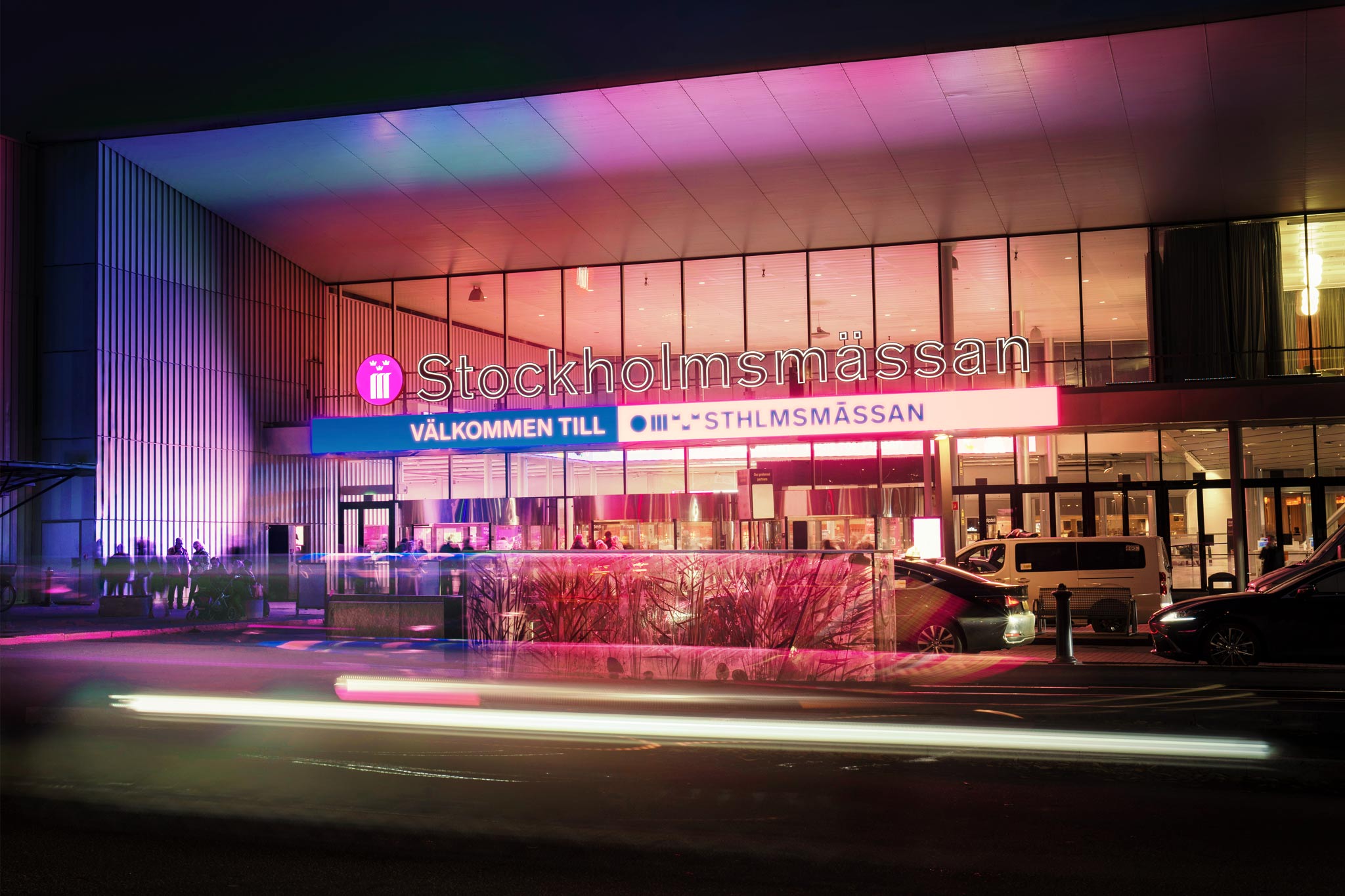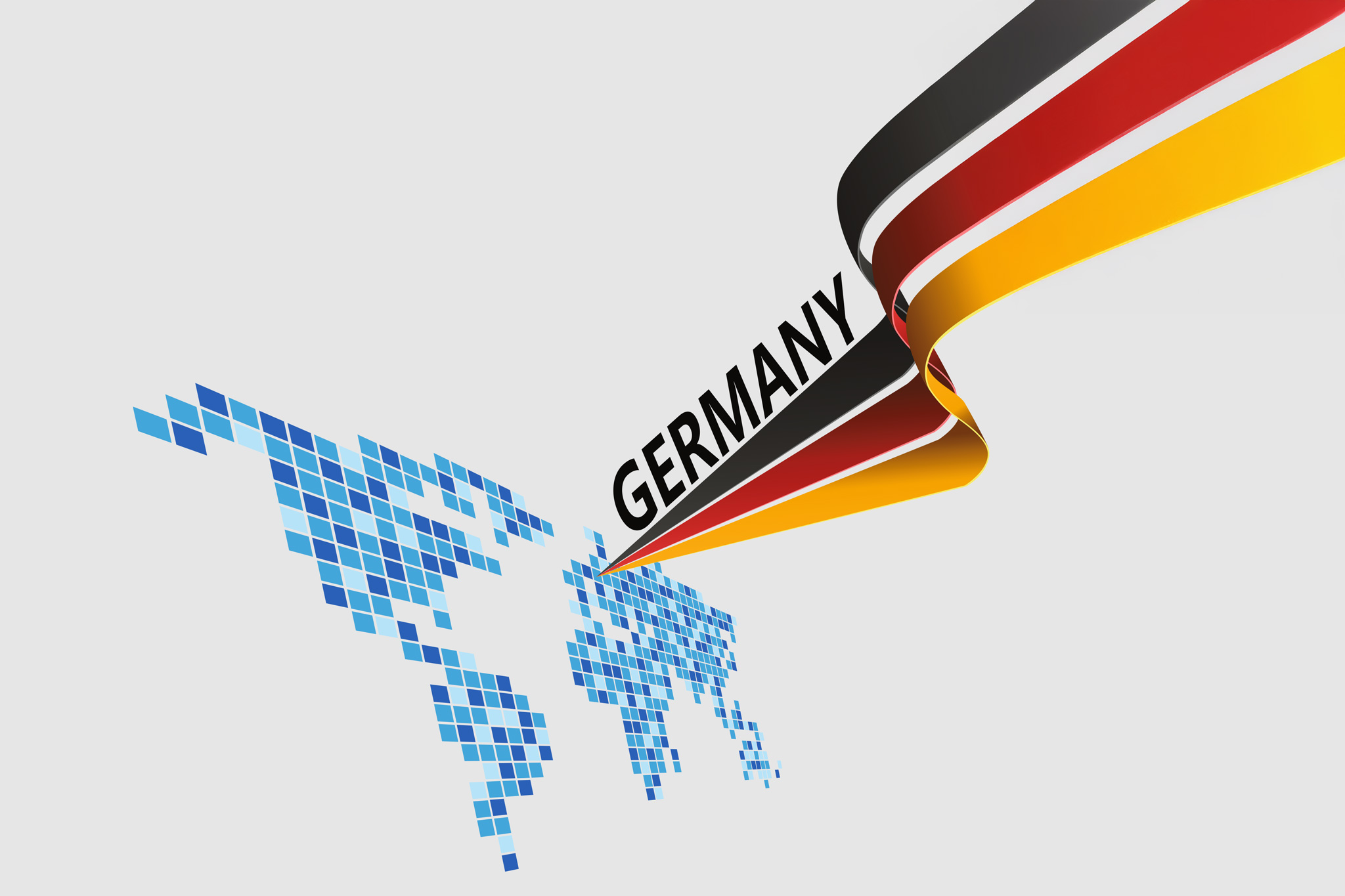The VDR Business Travel Report: German companies’ spending on business travel increased by 32 per cent in 2021.
The proof is there for all to see, especially in air traffic. People are travelling again – and this applies to the business travel sector too! After the historic low in 2020, business travel activity began to pick up again in 2021. The current VDR Business Travel Report shows a 32 per cent increase in business travel expenditure compared to the previous year. After the severe restrictions placed on travel in the first year of the pandemic, we are now seeing an upward trend, which is also reflected in the number of business travellers – as many as 5.5 million business travellers packed their bags in 2021. That is 67 per cent more than in the previous year, but still a long way from the peak of 13 million business travellers in 2019. In total, there were 41.4 million business trips last year, an increase of 26 per cent.
The 20th-anniversary edition of the VDR Business Travel Report presented today in Frankfurt am Main looks at the travel behaviour of German companies and public sector organisations in 2021. “The results show that there has been a surge in business travel demand. Business travellers have a lot of catching up to do when it comes to meeting clients and colleagues and cultivating business contacts in person. This will always be important in business and online meeting formats are not always a satisfactory substitute. The Report also reveals the trend toward longer-lasting business trips, which began to emerge last year. The popularity of the pre-pandemic one-day business trip is now waning. Business travellers now tend to travel less often but for longer, pooling several business trips together. The survey shows that business trips in all company sizes usually lasted on average at least two days,” said VDR Vice President Inge Pirner.
Business travel is on the rise again
Following the huge slump in business trips from 195.4 million to 32.7 million in 2020, 2021 at least saw an increase to 41.4 million business trips, a growth of 26 per cent. This positive trend was particularly important for the survival of German service providers such as hotels, restaurants, transport service providers and travel agencies. Companies with more than 500 employees made an above-average contribution to this recovery – with a 39 per cent-rise in business trips. Fifteen per cent of companies were still avoiding business travel, however. In the public sector, 88 per cent of organisations had resumed business trips. And also in 2021, the majority of business trips – 80 per cent – took place within Germany.
Continuing trend towards longer-lasting business trips
While short one-day trips were very popular among business travellers before the pandemic, there was a growing trend for longer-lasting trips in 2021, especially among small and medium-sized businesses. Since fewer business meetings were taking place outside the office, business travellers tended to plan longer-lasting trips when they were actually away on business. There was an increase in the average duration of a business trip among companies of all sizes amounting to 2.3 days. For more than 1,500 employees, every fifth business trip lasted even longer, for four days or more. Day trips without overnight stays accounted for half of all business trips in 2021 – both in the private and public sectors.
Integrated mobility management gains in importance
The work of business travel managers has become increasingly complex. Spending efficiency, digitalisation, safety issues, and sustainability are just some of the topics they now have to deal with. Networking specialists are more in demand than ever. Most companies are therefore already combining the numerous responsibilities involved in managing corporate mobility into one place or are planning to do so over the next one to two years. While integrated mobility management is the responsibility of the management in smaller companies (71 per cent), in larger companies, the work is more often carried out by a corporate travel management department (51 per cent) in addition to company management (57 per cent).
Increasing calls for commitment to sustainability
With the anticipated expansion of the EU’s Corporate Sustainability Reporting Directive (CSRD), large and listed companies will have an even greater obligation than before to report on sustainable actions and business practices. Nevertheless, the Report showed that sustainability reporting is still “not an issue” for 28 per cent of companies with more than 500 employees. For smaller companies, this proportion is even higher at 41 per cent. Overall, however, this year’s Report shows that the number of companies actively working towards more sustainability in the business travel sector continues to rise. Sustainable planning is becoming more and more the rule in business and so it is no surprise to learn that only one in five of the smaller companies is not yet active in sustainability planning. The Report shows that there has been a significant increase in the number of larger companies implementing measures to reduce their carbon footprint over the past two years, with a rise from 72 per cent to the current 89 per cent – only 11 per cent are still not implementing any topics in this regard. The public sector is similarly active here, with 80 per cent addressing such issues.
Nevertheless, a gap remains between ambition and action in implementing measures aimed at protecting the environment and climate. Following a significant rise in commitment to sustainability issues from 2020 to 2021, developments in this field stalled or suffered a slight decline in 2022. Significant increases can be seen in the use and planning of a sustainable mobility budget, with an increase from 43 to 66 per cent compared to 2021, and sustainable employee offers such as the JobRad (where employers lease bikes to their staff) or the JobTicket for commuters (where employers can offer their staff cheap travel on public transport) are already being promoted or planned by three-quarters of all companies (2021: 67 per cent). The number of business trips is currently being reduced or will be reduced in the future in 83 per cent of all companies – in 2021 it was still 87 per cent. In addition, switching from air to train within Germany has now become the norm. Even though the figure was slightly higher in 2021, 62 per cent of the companies surveyed report switching to rail travel and 14 per cent plan to do so in the future. Carbon offsetting is a priority for 45 per cent of respondents, and 30 per cent have considered it.
“New Work”: Digitalisation of the working world
Digitalisation in communication and collaboration was accelerated in 82 per cent of companies due to the pandemic. In addition, 82 per cent also say that new flexible working time models should continue to be implemented, provided that the job can be done online from a location other than the company headquarters. Hybrid working models are now regarded as indispensable and will not only benefit the environment through less commuting but can also provide a better work-life balance for staff allowing more flexibility in how they plan their working days. For employees who are not tied to the company location and hours of work, mobile working and remote working models are becoming more and more prevalent. Fifty-four per cent of companies allowed employees to choose their place of work with restrictions and every fourth company wants to allow their employees to choose their place of work worldwide without restrictions.
This year’s VDR Business Travel Report clearly shows that the topics of digitalisation, sustainability and climate protection are becoming increasingly relevant for travel managers – and thus also for Travel Management Companies (TMCs) – and must also be taken into account when planning and implementing a business trip. According to the study, there is now a high level of collaboration with TMCs, especially in larger companies with 82 per cent receiving support from these agencies. The amount of advice and information required before undertaking a business trip is generally becoming more extensive. For example, every climate computer model used to determine the carbon footprint has so far produced a different result. In order to create more transparency here, the VDR has set up an expert team for sustainability with the aim of achieving a uniform method of investigation and prompt implementation. “So the crisis in the travel industry is creating an opportunity for a new start with stronger sustainable perspectives for the future – it’s back to business but not ‘business as usual’!” said Inge Pirner, summing up the situation.
The current edition of the VDR Business Travel Report can be obtained free of charge here (in german only).
About the VDR Business Travel Report
The basic population of the study consists of all companies based in Germany – including those with activities abroad – as well as public sector organisations with ten or more employees. Between February and May 2022, 800 computer-assisted telephone and online interviews were conducted with people who are responsible for managing business travel or who have organisational authority to provide the data sought. The answers to qualitative questions therefore reflect the current situation at the time of the survey, all others are based on the figures for the year 2021.



